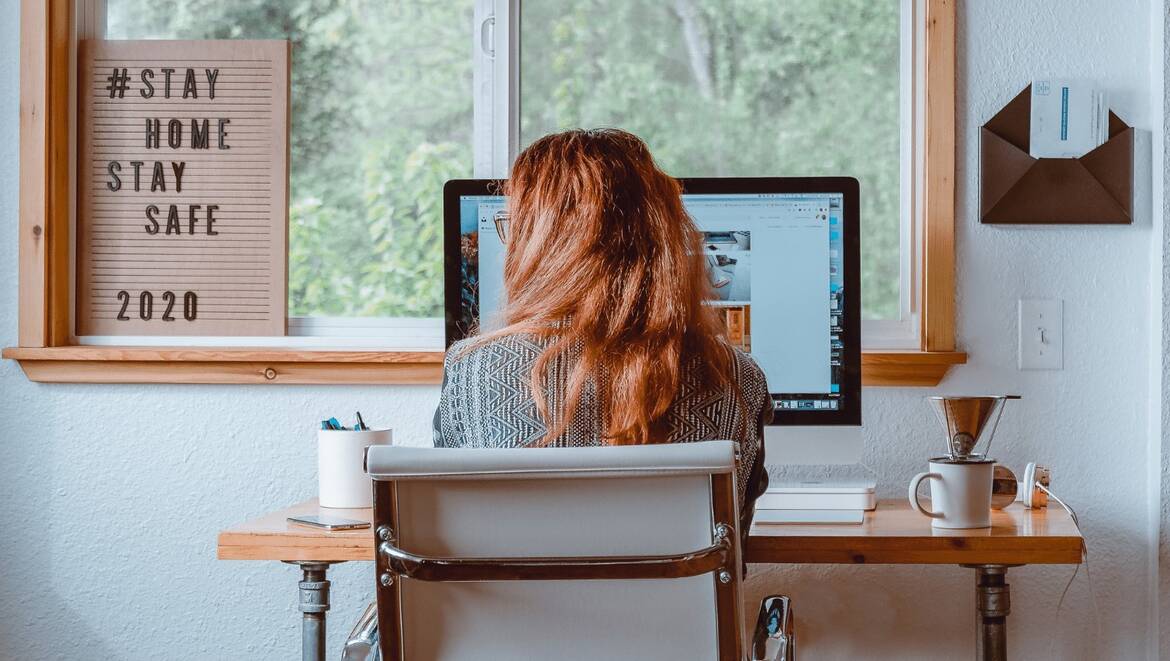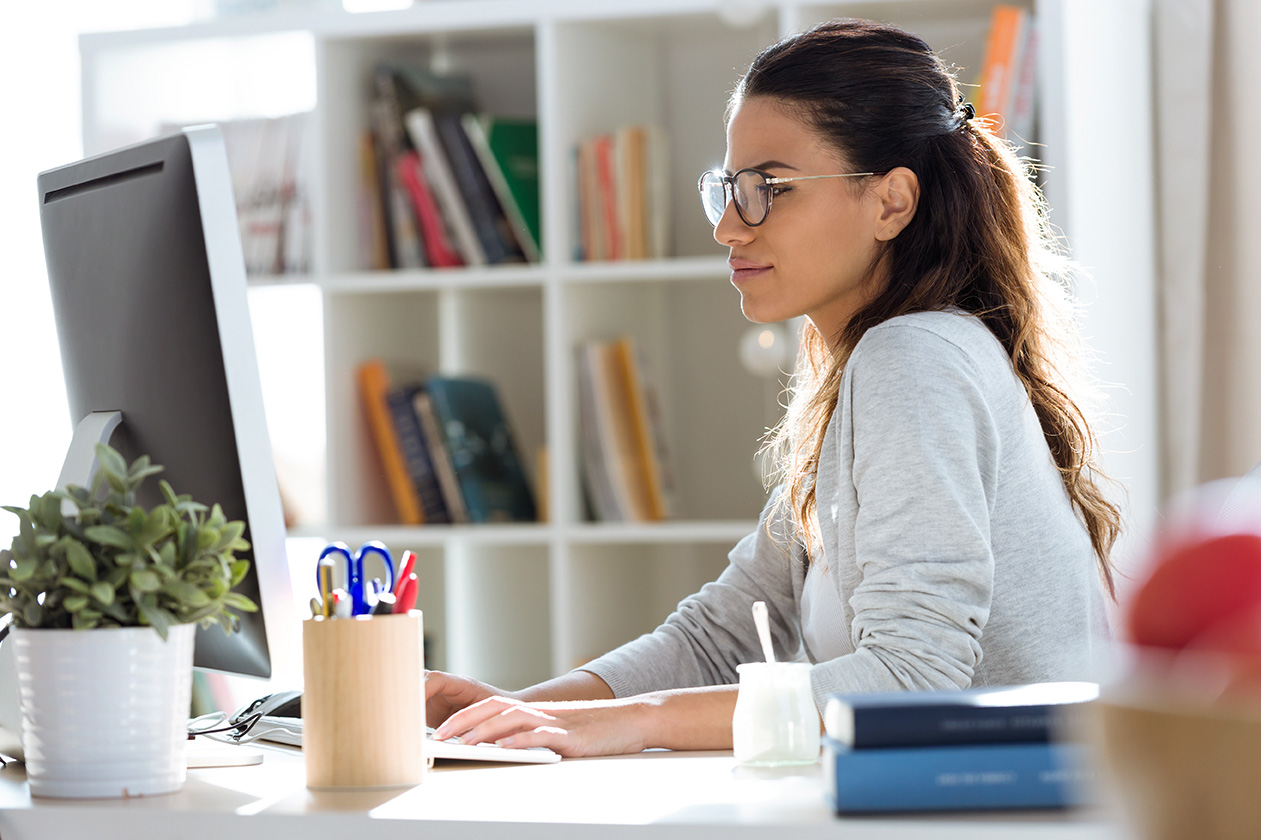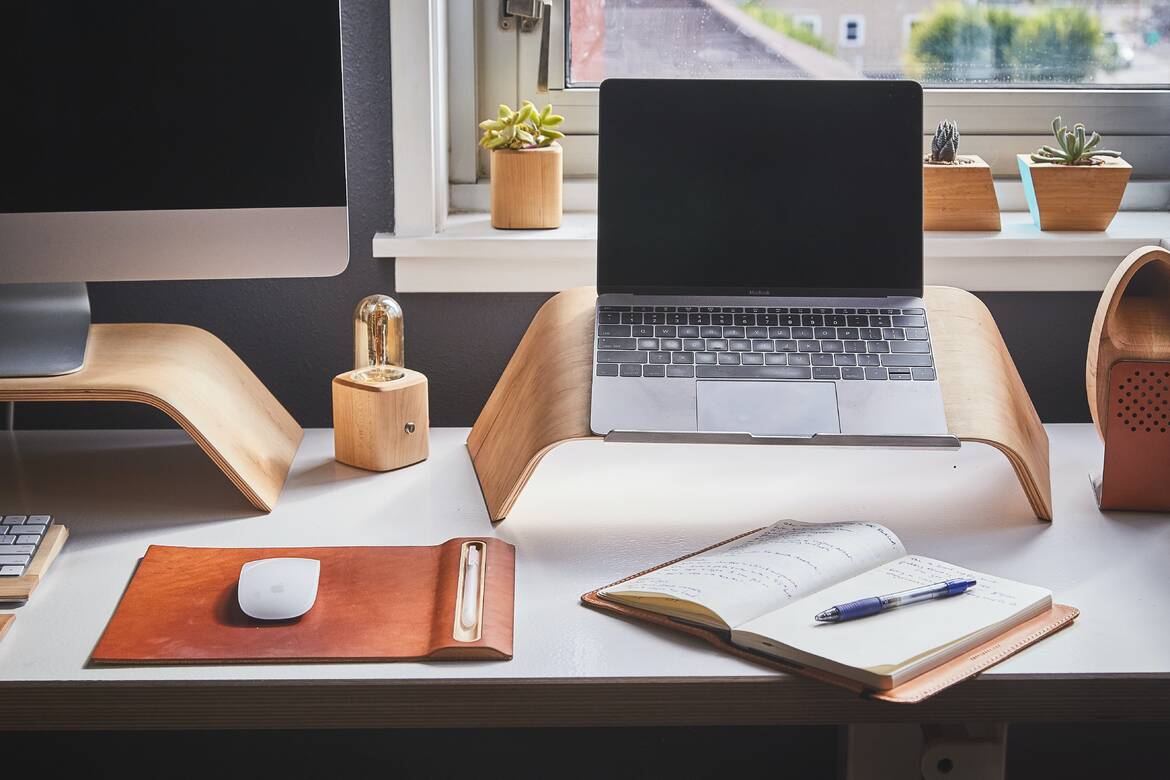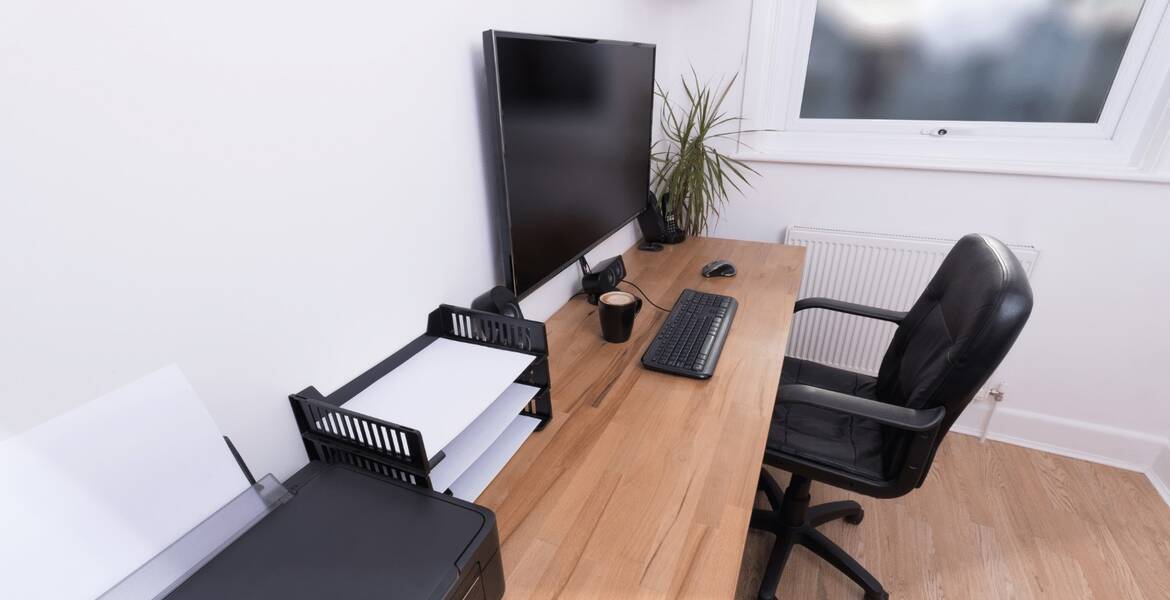COVID-19 redirected business as usual across every conceivable industry. Early in the piece, organisational continuity demanded a quick pivot from much of Australia, as decision makers embraced communication and operational strategies that may have been secondary only months before. By the end of March, remote work was no longer a special consideration, but the only viable model if service-based businesses wanted to survive.

Responding to an unexpected evolution of the Workplace
Six months on, we’ve learned a few things by pooling our collective knowledge, listening to our clients and recognising how the workplace is no longer only a physical office. As businesses open their doors, excited to get everybody back around the same table, they’ll discover local competition has followed the lead of companies like Google, AirBnB, Microsoft and Facebook, making it easy for employees to work from home and stay healthy. And there’s no guarantee the state-of-play won’t change almost overnight, as the country continues to grapple with lockdown measures, border closures and social distancing. Nobody can deny COVID-19 has expedited a workplace evolution that we weren’t quite ready for, but there’s no going back.
Rapid change has inspired tough but necessary conversations, driving us to rethink some poignant, timely questions – what is work, and where is work completed? What does a reduced office footprint mean for our carbon footprint? Should businesses strip back their furniture budgets or direct funds into supporting their employees at home? Let’s take a closer look.

Flexibility in the workplace equals more waste?
Office layouts were already adapting to new methodologies before COVID-19 hit the headlines. Hot desks, flexi-time, and scheduled work-from-home days signaled an incremental transition to a circular economy was imminent over the next ten to twenty years… needless to say, the timeline has changed.
Suddenly, less office space is required, employees have been stood down or made redundant and commercial properties are losing tenants as companies move solely online or toward a planned blended model. What happens to the tables and chairs we leave behind?

Few have renewed their hire agreements, downsizing their orders to cover essential internal personnel. Some companies are hiring office furniture for their remote workforce, ensuring their ergonomic record remains untarnished while showing their people that they’re 100% invested in team wellness - even if that team is scattered across postcodes. Most though, are filling their local dumps with whole buildings worth of furniture.
What is a Circular Economy? And why should we care?

Fact: For every 1,000 square meters of space a company vacates creates an average of 53 tonnes of waste.
The circular economy is the silent antidote to a wasteful world, ensuring we use office resources to their full potential for as long as possible, before recovering, regenerating or recycling certain parts to make something new. While protecting the environment is just one benefit of being flexible in the workplace, businesses are in a unique position to influence a healthier, greener planet as they return to a blended model of working - you have the determination to select quality products when fitting out an office or developing a remote strategy.
Research shows that not everybody is made for remote work, so a percentage of people will return to their chairs and tables at some time in the near future (if they haven’t already). And although this may signal the end is nigh for some work-from-home arrangements, our inside statistics show businesses are looking into sustainable approaches to fitting out flexible offices, suggesting the circular economy is here to stay.
Is This Good News?
Yes. Less office waste and agile planning can only lead to improved outcomes, as decision-makers utilise the rental economy, opting to lease high-quality resources from specialty furniture rental businesses like Valiant. Office resourcing without the long-term commitment, opt-out plans, or customisation options haven’t always been available, let alone affordable, but businesses now have a way to ensure their workplace remains fluid without overspending on resources that will turn into rubbish later.
Is it Safe to Hire Office Furniture During COVID-19?
Definitely, provided you hire your workplace resources through Valiant! Our reputable and dedicated team takes special care to detail, clean, disinfect and sanitise your furniture before it leaves our warehouse. Our staff is also diligent in following current social distancing and personal protection measures during delivery, ensuring your people are safe at all times.
Did you like this piece?
Stay tuned for more articles exploring remote work in Australia and what comes next for businesses and organisations like yours post-COVID.